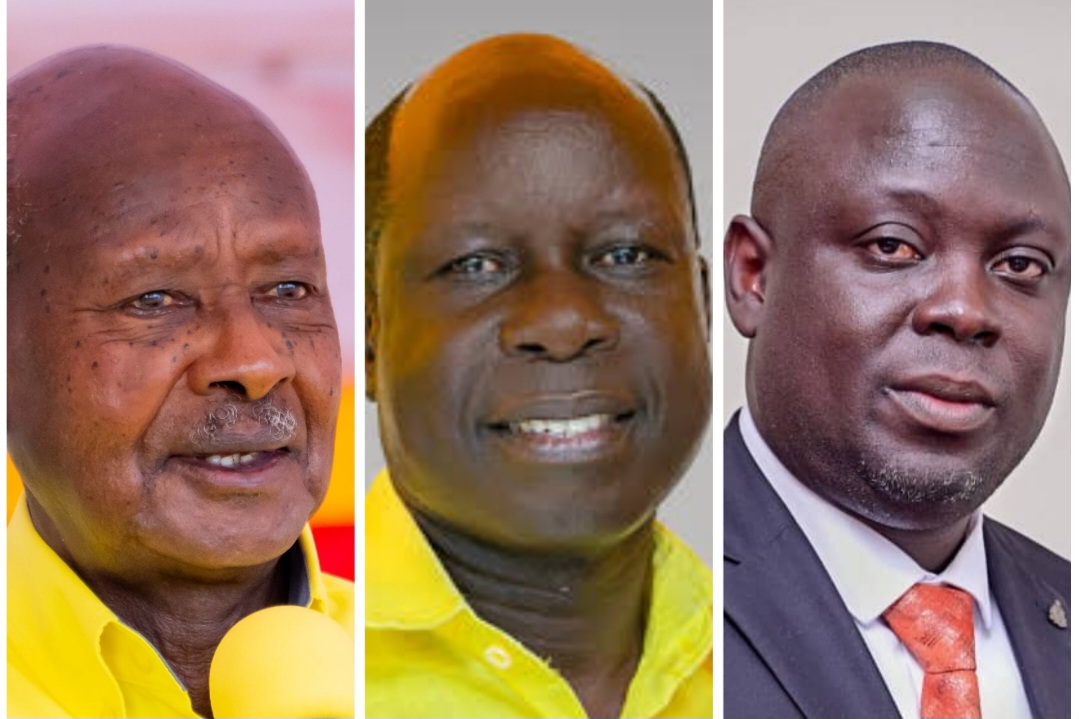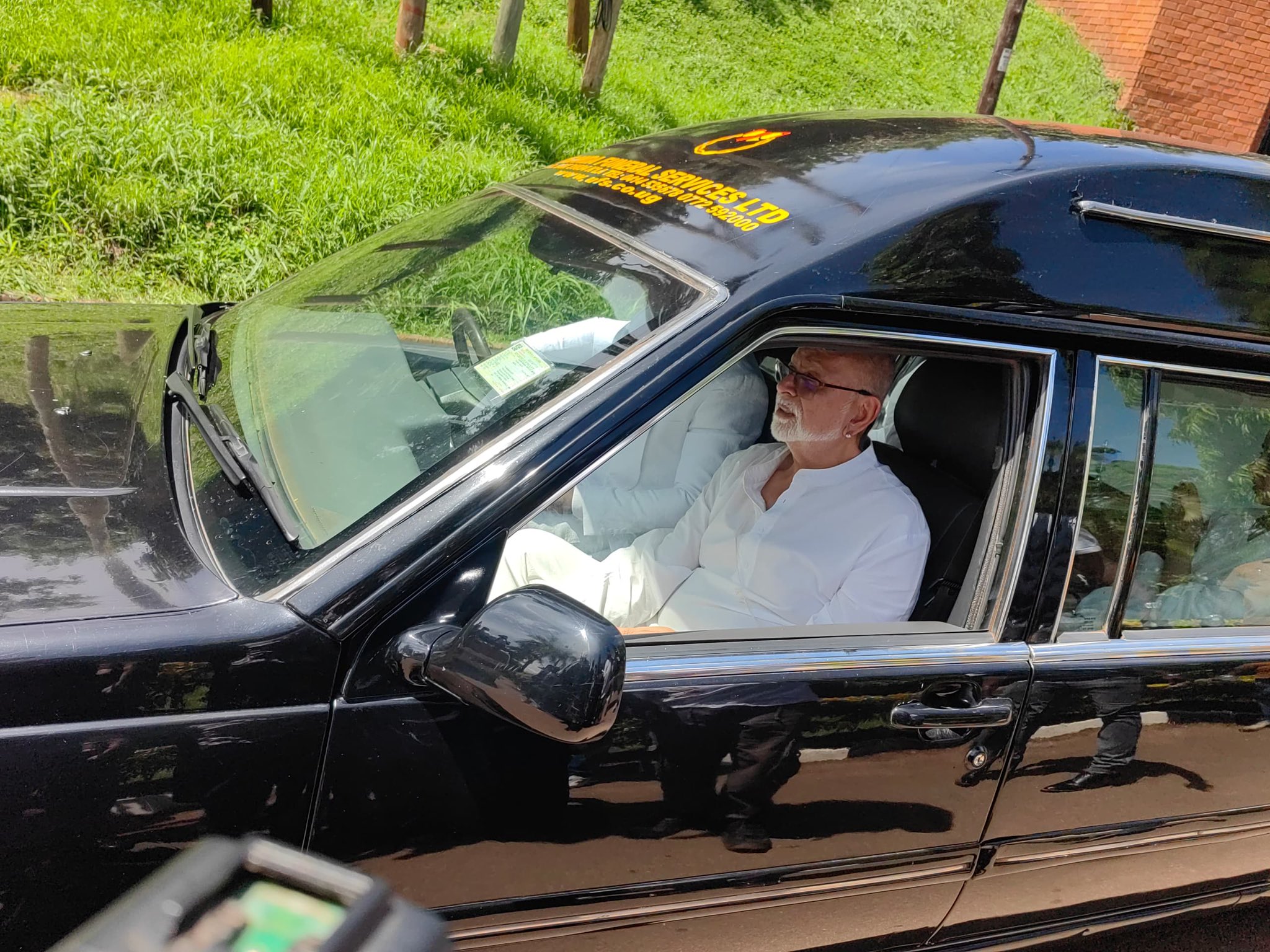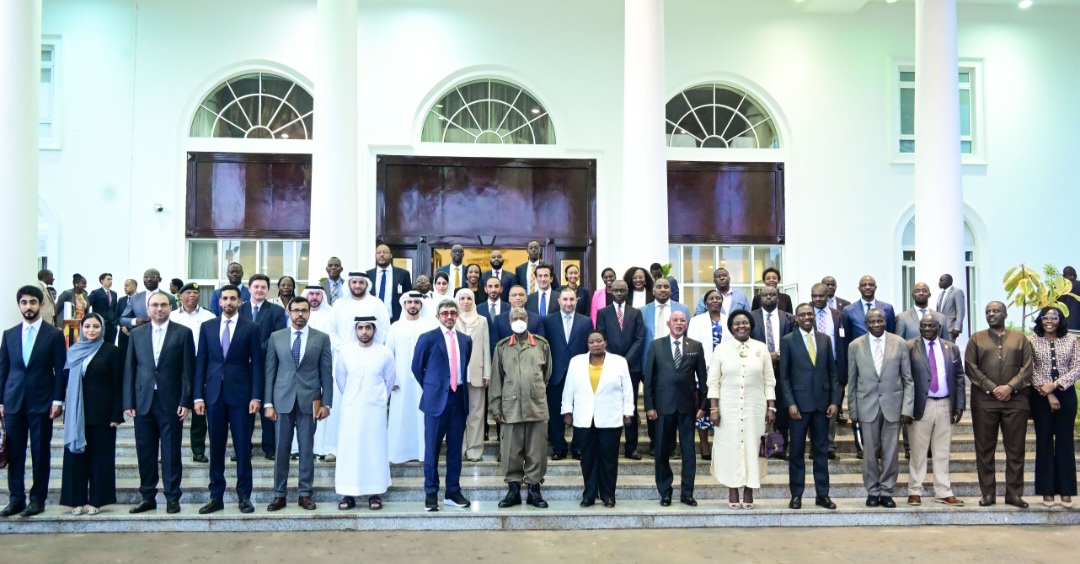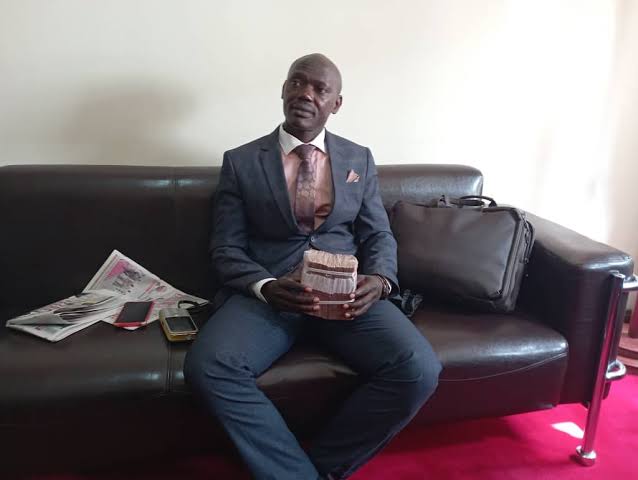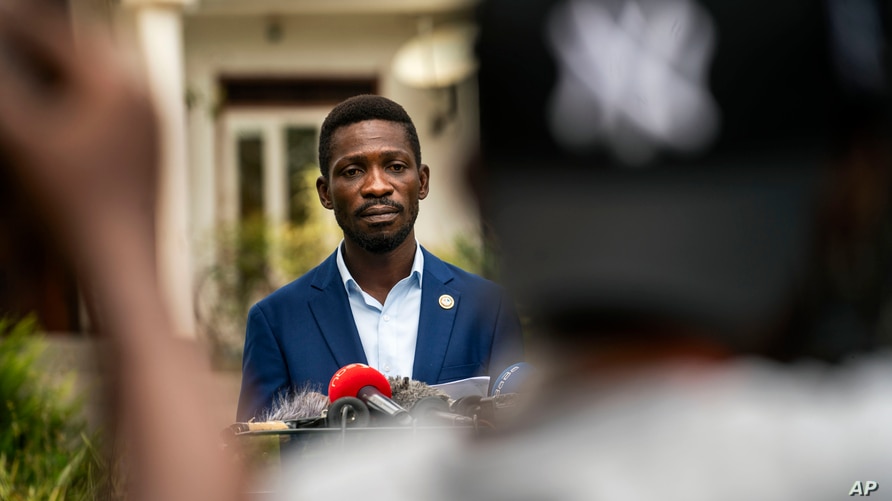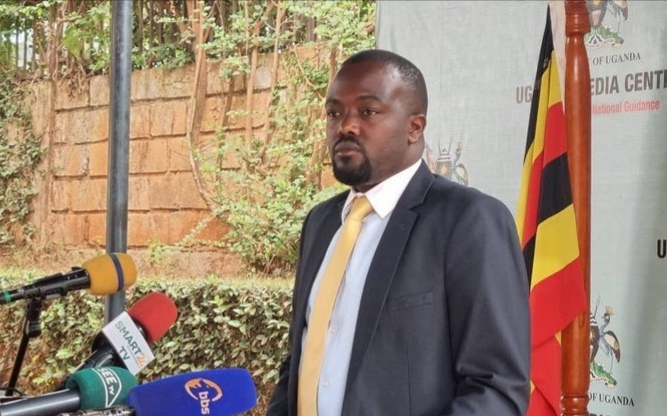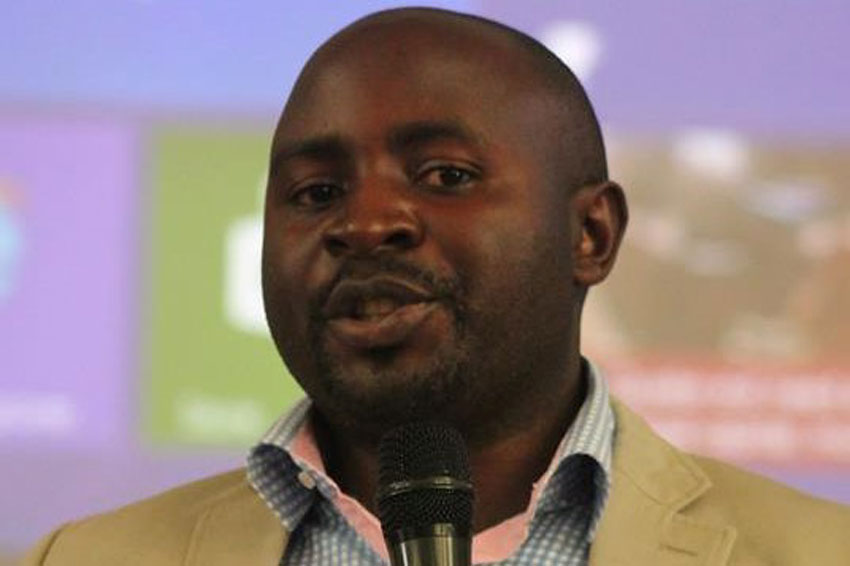The National Resistance Movement (NRM) commenced its internal primary elections yesterday with the election of flagbearers for Local Council I Chairpersons and the executive committees. This followed the issuance of a roadmap by the party Secretariat that spelt out the activities to be undertaken in line with the roadmap of the national general elections issued by the Independent Electoral Commission (IEC).
With the climax of elections being in January next year, it is possible to estimate, from outcomes in the grassroots elections, which party has a higher chance of winning the general elections. That is why the village elections are extremely important and ought to be taken seriously by all citizens.
President Yoweri Museveni, in his capacity as National Chairman of the NRM, lent his back and voice to the grassroots elections with a statement issued last weekend in which he called on all party members to join in and vote or contest for elections. He revealed that he would personally be in Rwakitura to oversee the elections at his village cell while the First Lady, Maama Janet, would be in Irenga, Ntungamo, on a similar mission. That says it! How important the village elections are that the First Family put aside all other engagements to take part in them.
Cabinet and Parliament were called off on Monday and Tuesday (yesterday), respectively, to enable ministers and Members of Parliament (MPs) return to their village to participate in the elections and provide necessary mobilisational support to the electorate.
There were other messages mobilizing the public issued by different leaders. The Minister for the Presidency, Milly Babalanda, issued a circular to RDCs/RCCs/Deputies and their Assistants to provide adequate security in their zones to ensure a smooth and secure exercise.
NRM is unique in that it is the only party with structures in every cell in the country. At every election cycle, this has given the party an advantage in terms of reach and mobilisation pace. NRM has the absolute majority of elected LC 1s, IIs, IIIs and Vs countrywide, a consequence of the leadership’s deliberate plan to build and maintain a strong lower local government base as a foundation for the power “in Kampala”. Some political parties skip grassroots elections and primaries, choosing, instead, to select party candidates and flagbearers in Kampala’s boardrooms, complete with money exchanging hands for the tickets. This is subversion of democracy!
For those who don’t know what NRM does to remain on top, the magic is at the base-the broad base that defined the Movement in its early years of consolidating hard-won power and which largely remains intact despite the passage of time.
The myth of rigging as alleged as a route to electoral victory cannot be sustained beyond a given number of electoral cycles. That’s why if you allege rigging in 1996, you say the same in 2001, then 2006, by 2011 and onward only the unserious will believe you. Basic principles of popular leadership remain the same, no matter which era you live in. Being rooted among the wanainchi is the constant magic for victory. Only populists count on spontaneous support as a measure of popularity.
In true democracy and governance settings, real power lies at the grassroots. Any party that wins at the grassroots is sure to win at the top, even the Presidency. LC 1s have the power to influence the direction a country takes in and out of elections. If they mobilised their people effectively, by the time the Kampala group-which comes in during high political season and campaigns-steps on the ground, they would find that the ground had shifted. In terms of policy, planning and service delivery, it is at the grassroots that things go wrong or right.
As with PDM, if anything goes wrong, it is the LC Is and IIs with a bigger burden of responsibility since they live among the people and know them better. With such financial empowerment getting to the grassroots under this initiative, there is even more power there and more reason for citizens to mind who they elect to lead them.
If unpatriotic, antagonistic, drunken and absentee elements are elected, they will take the country of course and lock their people in endless backwardness and poverty despite direct intervention by the centre.
Lower Local Governments control budgets but the money comes from the centre. The centre is a pool and cashing centre. People at the grassroots need to civically understand this relationship and how their involvement shapes development and service delivery. To take charge requires owning the process of choosing leaders at that level, which leaders are responsible for mobilising them and lobbying the centre for more.
If you vote wrongly or if you don’t vote at all at the village level, be mindful that the choice you make at the base will affect who you vote at the top and how they perform. A bad foundation makes work difficult for the President since his concepts and directives wouldn’t be put in action by bad lower level leaders.
As an informed and empowered Ugandan, be part of electoral processes at all levels and leave nothing to chance! After voting LCs, pay attention to the legislators you send to Parliament. All those that don’t deliberate issues; those who don’t sensitise, consult and mobilise citizens on critical issues, those who don’t lobby for services or monitor performance of government programmes should be kicked out!
I congratulate and thank H.E the President and NRM National Chairman for consistently providing practical leadership and personal presence to the NRM, with great ideological clarity and foresight, which gives the ruling party an edge and maintains a stable attachment with the masses. Victory is already at hand!
The author is the Special Presidential Assistant-Press & Mobilisation/Deputy Spokesperson
Email: faruk.kirunda@statehouse.go.ug
0776980486/0783990861
Do you have a story in your community or an opinion to share with us: Email us at Submit an Article



